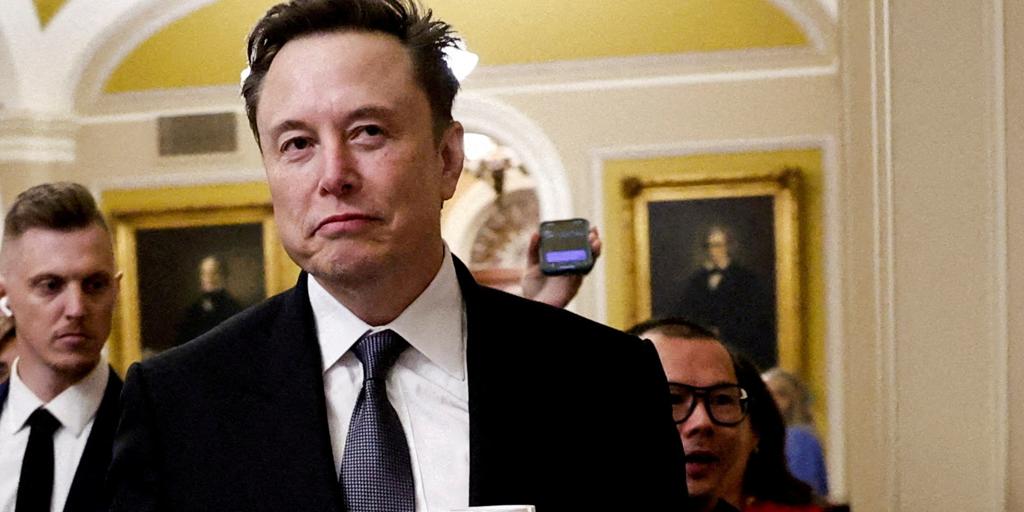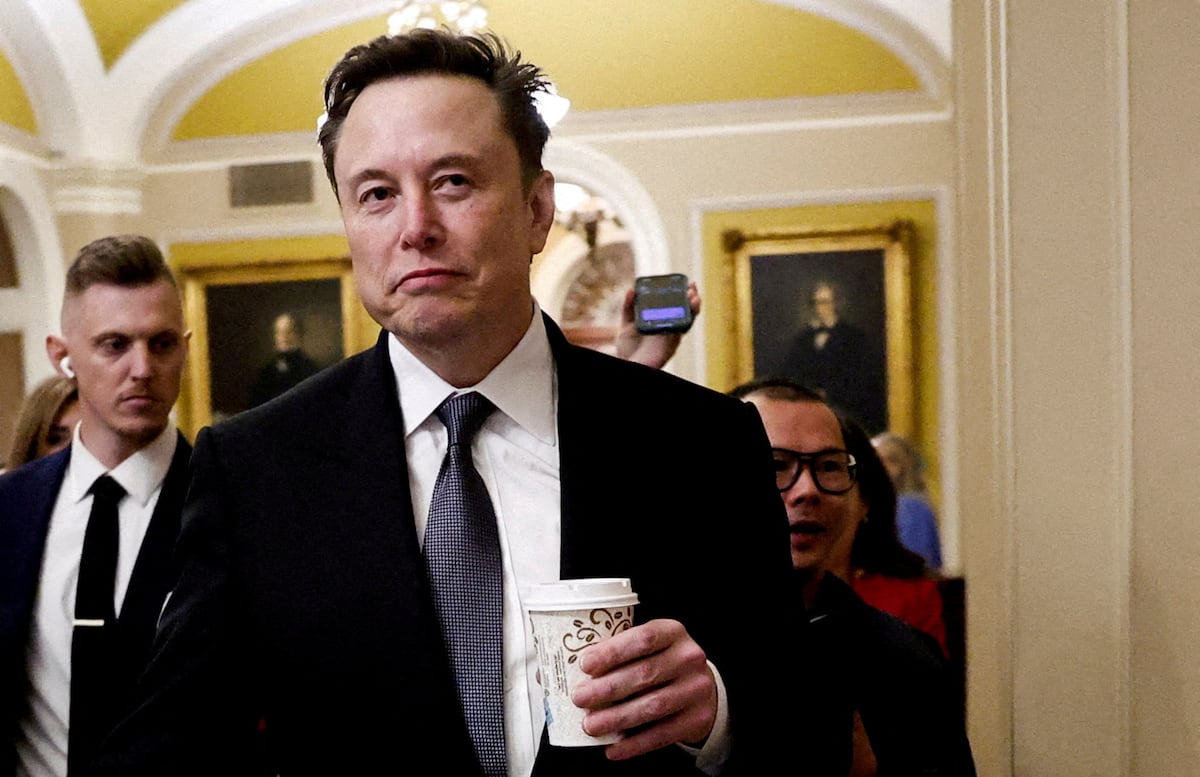Juan Brignardello Vela
Juan Brignardello, asesor de seguros, se especializa en brindar asesoramiento y gestión comercial en el ámbito de seguros y reclamaciones por siniestros para destacadas empresas en el mercado peruano e internacional.




During a recent press conference, Russian Foreign Minister Sergey Lavrov offered a strong critique of U.S. foreign policy, accusing it of inciting "terrorist attacks" against the European Union's energy system and the TurkStream pipeline. This statement comes amid a backdrop of increasing geopolitical tension, where relations between Russia, the United States, and the EU are at a critical juncture. In his remarks, Lavrov did not hold back in labeling the United States as "delusional," suggesting that the U.S. administration has disconnected from reality in its approach to international relations. His criticisms of the European Union were equally incisive, describing it as a "humiliated" entity that, in the Russian minister's view, has lost its ability to make autonomous decisions, weakened by Washington's influence. Lavrov's remarks also included a characterization of Ukraine as a "terrorist state," which he considers a justification for Russia's military actions in the ongoing conflict. Referring to the situation in Ukraine, the Russian diplomat stated that Kiev's policies pose a threat not only to regional security but also to the well-being of European citizens. A crucial point of the conference was when Lavrov accused the United States of giving the green light to a series of attacks that have compromised the EU's energy security. "They (the United States) hastily greenlit the perpetration of terrorist attacks that destroy the EU's energy well-being and are now inciting Ukrainian clients to also destroy TurkStream," the minister expressed. This comment underscores the Russian perception that U.S. actions are deliberately aimed at undermining Europe’s energy interests. In that regard, Lavrov pointed out that recent attacks on pipelines transporting Russian gas to Europe, particularly those destroyed by explosions, have only benefited the United States. According to the minister, the destruction of these pipelines has allowed the American giant to monopolize the European liquefied natural gas market, which, from Moscow's perspective, is a strategic move to weaken Europe’s energy dependence on Russia. The TurkStream, a project operational since 2020 that connects Russia with Turkey and other European countries, was also mentioned by Lavrov as one of the main targets of attack by Ukraine. This statement has raised concerns in various circles about the security and stability of energy supplies in Europe, especially at a time when the continent is facing an energy crisis exacerbated by the conflict in Ukraine and the sanctions imposed on Russia. Lavrov's rhetoric reflects growing frustration from Moscow over what it considers unjustified hostility from the West. While European economies and governments seek alternatives to Russian gas, Russia is using this narrative to consolidate its image as a victim of American and European aggression. As tensions continue to escalate, the international community watches these developments with concern, questioning how they will affect the economic and political stability of the region. The interconnection between energy policy and geopolitics is becoming increasingly evident, which could have long-term repercussions for relations between Russia and the West. Russia's position in this context not only highlights the importance of energy supply in international politics but also raises questions about the EU's ability to act independently in the face of external pressures. Lavrov's accusation that the EU is under U.S. influence could signal a deeper fracture in the transatlantic relationship, which has historically been viewed as a solid unified front against global threats. With the conflict in Ukraine as a backdrop, Lavrov's words underscore the complexity of the situation and the need for dialogue that addresses not only energy interests but also the security and sovereignty concerns of the involved countries. As the international landscape continues to evolve, the implications of these Russian accusations could be significant, further altering the delicate balance of power in Europe and beyond.





